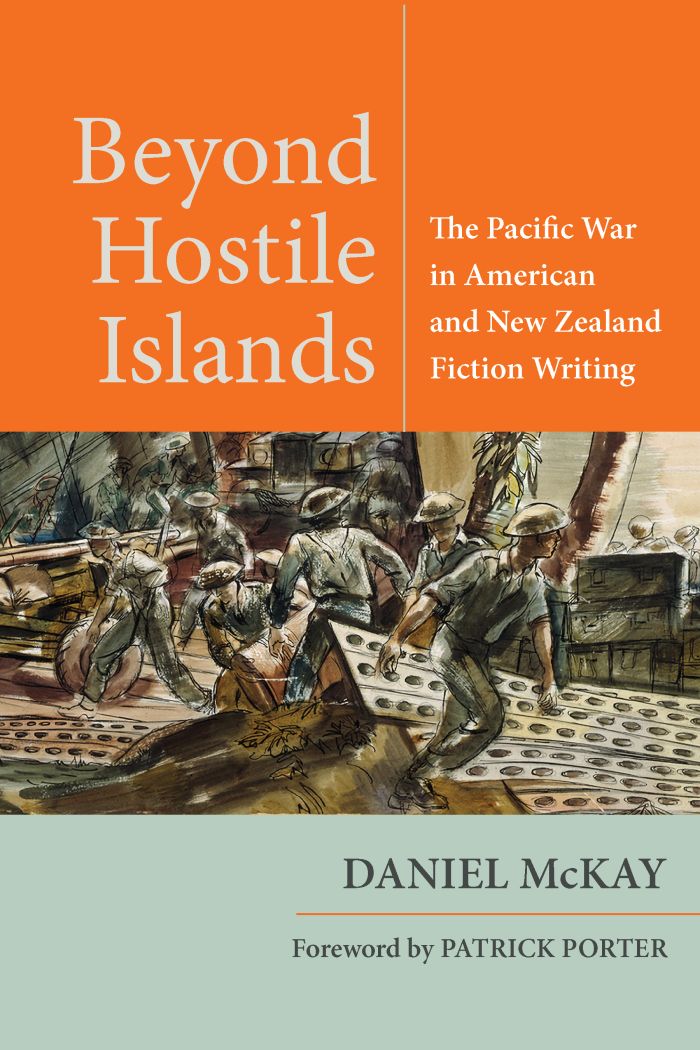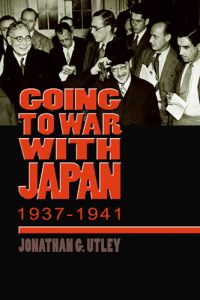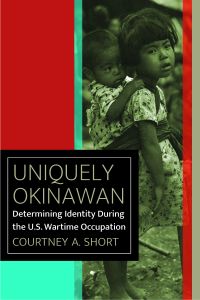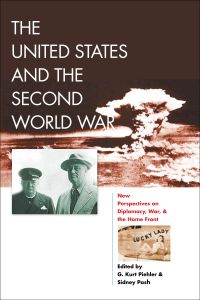Beyond Hostile Islands
The Pacific War in American and New Zealand Fiction Writing

This book can be opened with

WINNER, JAVIER COY BIENNIAL RESEARCH AWARD, BEST MONOGRAPH
Offers a fascinating window into how the fraught politics of apology in the East Asian region have been figured in anglophone literary fiction.
The Pacific War, 1941-1945, was fought across the world’s largest ocean and left a lasting imprint on anglophone literary history. However, studies of that imprint or of individual authors have focused on American literature without drawing connections to parallel traditions elsewhere. Beyond Hostile Islands contributes to ongoing efforts by Australasian scholars to place their national cultures in conversation with those of the United States, particularly regarding studies of the ideologies that legitimize warfare. Consecutively, the book examines five of the most significant historical and thematic areas associated with the war: island combat, economic competition, internment, imprisonment, and the atomic bombing of Hiroshima and Nagasaki.
Throughout, the central issue pivots around the question of how or whether at all New Zealand fiction writing differs from that of the United States. Can a sense of islandness, the ‘tyranny of distance,’ Māori cultural heritage, or the political legacies of the nuclear-free movement provide grounds for distinctive authorial insights? As an opening gambit, Beyond Hostile Islands puts forward the term ‘ideological coproduction’ to describe how a territorially and demographically more minor national culture may accede to the essentials of a given ideology while differing in aspects that reflect historical and provincial dimensions that are important to it. Appropriately, the literary texts under examination are set in various locales, including Japan, the Solomon Islands, New Zealand, New Mexico, Ontario, and the Marshall Islands. The book concludes in a deliberately open-ended pose, with the full expectation that literary writing on the Pacific War will grow in range and richness, aided by the growth of Pacific Studies as a research area.
In this engagingly-written book, McKay has convincingly bridged the fields of literary studies and memory studies to offer a nuanced and thought-provoking account of the Pacific War in Anglophone literature. The New Zealand/Pacific Islands perspective adds a fresh comparative angle to the more familiar issues within US-Japan literary representations. The impressive range of (hi)stories discussed covers the well-known (Bridge on the River Kwai) to the all-but-forgotten (Japanese internment in New Zealand).—Philip Seaton, Tokyo University of Foreign Studies, author of Japan’s Contested War Memories: The ‘Memory Rifts’ in Historical Consciousness of World War II
A meditative and incisive reading of literature about WWII, Beyond Hostile Islands is book of brilliant comparisons: of US and Aotearoa-New Zealand literatures and of the bellicose topics of combat, internment, propaganda, and nuclear munitions. McKay’s reading of what was known as “The Pacific War” takes a hard look at the ambivalences of war and its aftermath, providing a much-needed addition to Anglophone literary and cultural criticism and a new conversation about contemporary American and New Zealand island literatures.—Rebecca Weaver-Hightower, Virginia Tech University, author of Empire Islands: Castaways, Cannibals, and Fantasies of Conquest in Post/Colonial Island Narratives
Although it derives from “peacemaking” (pācificus) etymologically, the term “the Pacific” cannot fail to provoke the memory of war ironically. What McKay reveals in this book is not so much the political causes as the literary effects of the war, effects that foregrounded the power of nations by means of racialized stereotypes in narrative form.—Takayuki Tatsumi, Keio Academy of New York, author of Full Metal Apache: Transactions Between Cyberpunk Japan and Avant-Pop America
Beyond Hostile Islands is an insightful and rewarding investigation of Pacific War literature, particularly that which confronted the economic rise of Japan in the 1980s and that which turned away from the atomic bombings of 1945. By comparing representations of the war across two different canons, the United States’ and New Zealand’s, McKay is able to bring a strong light to bear on this under-examined area of literary history.—Ian M. Richards, Osaka Metropolitan University, author of To Bed at Noon: The Life and Art of Maurice Duggan
Daniel McKay is associate professor in the English Department, New Mexico Military Institute. His journal articles have appeared in MELUS, Mosaic, positions: east asia cultures critique, and University of Toronto Quarterly, among others.
Foreword by Patrick Porter | vii
Introduction 1
1 Revelations and Comedy: The Combat Novel | 25
2 Camera Men: Postwar Japan-Bashing | 55
3 Captive Memories: Internment North and South | 81
4 The Poetics of Apology: FEPOW Narratives | 106
5 Scientists and Hibakusha: Project Novels | 132
Coda | 163
Acknowledgments | 173
Notes | 177
Bibliography | 217
Index | 243




